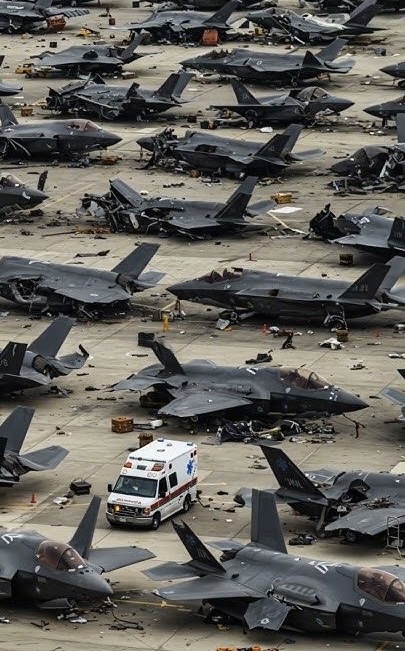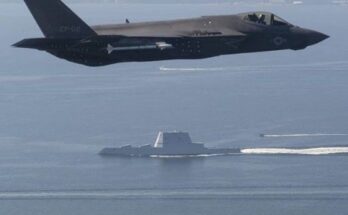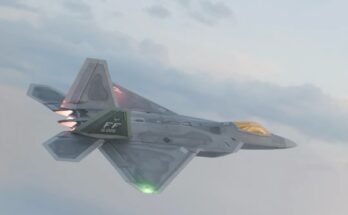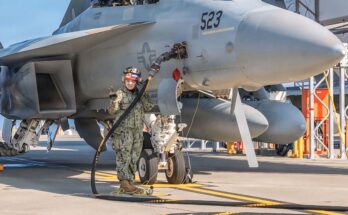
Qatar US Airlines F-35
The F-35 Lightning II has quickly become one of the most significant fifth-generation fighter aircraft in the world, representing cutting-edge American aerospace engineering and defense cooperation. Built by Lockheed Martin, the aircraft is in service with the United States and several allied nations. Recently, Qatar has shown interest in acquiring advanced combat aircraft like the F-35, a move that reflects its strategic ambitions, security needs, and growing partnership with the United States. While Qatar Airways dominates headlines in the commercial sector, the discussion around U.S. military aircraft sales to Qatar—particularly the F-35—has added a new layer to bilateral relations.
Qatar is a small but wealthy Gulf state with outsized influence in global affairs. Its vast energy resources allow it to maintain one of the highest per-capita incomes in the world, and much of that wealth has been channeled into developing strong defense capabilities. The nation already operates advanced aircraft, including the Dassault Rafale from France and the Boeing F-15QA, one of the most sophisticated variants of the Eagle ever produced. Adding the F-35 to its fleet would further elevate Qatar’s air power, putting it on par with leading regional powers and giving it a stealth capability unmatched in the Gulf Cooperation Council (GCC).
From the U.S. perspective, arms sales are not just about defense hardware; they are strategic tools that deepen alliances. Washington sees Qatar as an important security partner, hosting Al Udeid Air Base, the largest U.S. military installation in the Middle East. This base is critical for American operations across the region, including counterterrorism missions and maintaining stability in the Gulf. The sale of the F-35 would therefore not only strengthen Qatar’s deterrence but also reinforce U.S. security interests.
However, the transfer of such advanced technology is never automatic. The F-35 is a highly sensitive platform, and Washington carefully controls who receives it. The U.S. government has weighed regional stability, Israeli security concerns, and technology protection when considering any potential sale. Israel, a key U.S. ally, traditionally maintains a “qualitative military edge” in the region, meaning Washington ensures its military superiority is not undermined by arms sales to neighboring states. For this reason, discussions around Qatar acquiring the F-35 have been cautious and politically sensitive.
For Qatar, obtaining the F-35 would serve multiple purposes. Militarily, it would provide unmatched stealth, sensor fusion, and advanced networking capabilities, giving the Qatari Air Force dominance in both defensive and offensive missions. Politically, it would cement Qatar’s status as a premier U.S. defense partner and enhance its leverage in regional diplomacy. At the same time, the move would signal Qatar’s intention to stay ahead in the Gulf’s ongoing arms race, where neighbors like Saudi Arabia and the UAE also seek advanced weaponry.
In the broader context, the potential deal represents more than just a transaction. It symbolizes how U.S. military technology, diplomacy, and global strategy are intertwined. For Qatar, already known worldwide for its flag carrier Qatar Airways, the pursuit of the F-35 highlights the country’s ambition to extend its brand of excellence and influence into the defense sector. Whether or not the sale materializes, the dialogue itself underscores the deep and evolving ties between Doha and Washington.


